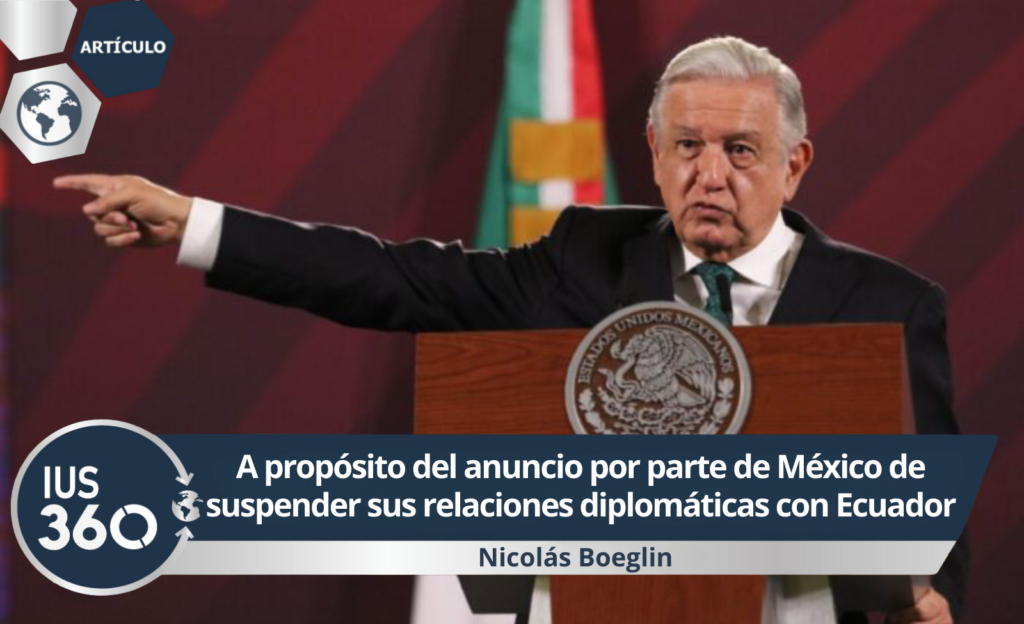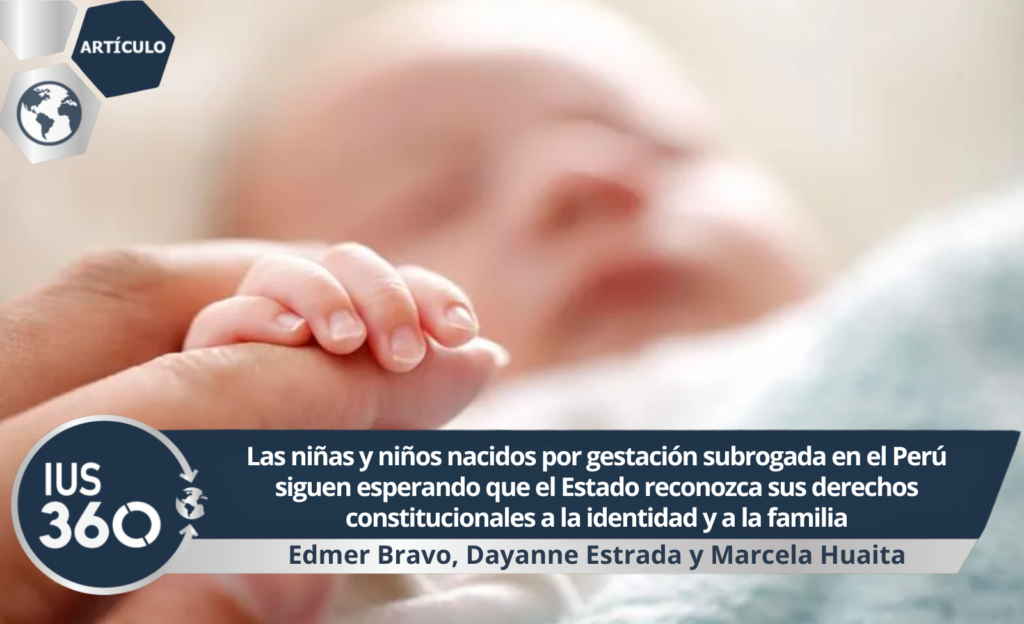Escrito por Antonio Peña Jumpa (*)
The COVID-19 pandemic has taken the process of training or educating human beings in a new direction. Virtual teaching from home has been imposed on traditional teaching through classrooms and the teacher’s personal relationship has been changed through a synchronous or asynchronous relationship with the teacher. This fact has many effects on the process of training and education. In the following paragraphs we want to reflect on just one of them in higher education: access to university education through telecommunications as a fundamental right.
University education no longer has geographical limits. The only limit is the lack of internet or the absence of a quality telecommunications service. However, it is important to distinguish the advantages and disadvantages that appear in this new situation.
Countries with a complex geography such as Peru, with extensive desert spaces separated by small valleys, with diverse ecological floors generated by their giant Andean mountains and with an immense flora and fauna still to be investigated in their Amazon, receive the positive and negative effects of this process. The positive effects lead to affirm that there is no pretext or obstacles for any interested person located in some part of this complex geography to know and access higher education and university education.
Interested young people only need a quality telecommunications service to access and study at the university. This means access to an «information interaction between distances» service that easily leads to «voice, data or video transmission» (see the concept of telecommunications on the Internet). For this, it is essential to recognize the telecommunications service as indispensable, or in terms of rights, to identify this service as a FUNDAMENTAL HUMAN RIGHT.
The telecommunications service as an indispensable or fundamental human right means accepting that we can no longer survive isolated, without telecommunications. But, although this need involves all people, regardless of age, the central point is youth and their education. Telecommunications are essential for children to access voice, data, or video transmission, but it is in adolescence and especially in youth that this service becomes an objective necessity: the young man or woman is growing, in a personal revolution and requires interaction for its normal development; then it is time to learn more and understand what is happening around him o her and outside of it.
Given this objective need, the telecommunications service must be available to everyone, in every locality. For this, it is also essential that local companies be developed, alongside national and transnational companies to provide an effective and efficient service. Today, in the 21st century, it is absurd to think that a remote Andean or Amazonian community in countries like Peru cannot communicate with the big cities, and that its youth cannot access higher education. If this happens, it is because the private company does not work, and, consequently, the local and national authority must assume the service subsidiarily.
Thus, within a theory of the State for the 21st century, if the telecommunications service, including the Internet, is of low quality in a certain place, or the service simply does not exist, it is a serious responsibility of the authority. This adverse situation constitutes the violation of a necessity or a fundamental right today.
However, this access to telecommunications service can also bring disadvantages or negative effects on education, including university education, in culturally heterogeneous countries such as Peru. The need for telecommunications in education leads to the widespread or universal use of instruments for the interaction of information between distances and thus to generalize or universalize the content of education of a dominant culture, affecting different cultures.
This has been the risk of the era of recent globalization, which began after the fall of the Berlin Wall (1989), but which, curiously, has not materialized. On the contrary, the phenomenon produced the strengthening of the local, and, with it, of the different communities. However, telecommunications can now be presented as the most useful means for globalization, by standardizing the use of technologies and homogeneously developing silent rules, procedures, and new ways of thinking to make the exchange of information effective.
This situation of generalization or universalization would lead us to a certain equality of cultures or ways of thinking, homogenizing the world in favor of some dominant culture or group. But it could also lead us to a new strength of the local, or of communities of different cultures, as they interact and now have more information from the world.
Thinking of university youth, we believe more in the latter. Each generation can build their world and take care of it for future generations. The open university through telecommunications can lead to the group of best students in each community being able to seek and access a quality university, and, from this, he or she, their family and their community be strengthened.
What to do?
Considering the previous debate, it is essential to commit the authorities of the world to the recognition of telecommunications as a fundamental human right, particularly to achieve a quality university education for our youth. Although there is a risk of a homogenization of cultures, promoted by some dominant group, it will be the social actors themselves who will face this risk favored today by the exchange of information itself.
Lima, April 9 and 10, 2022.
(*) About the author: Professor at the Pontifical Catholic University of Peru and lecturer at the National University of San Marcos. Lawyer, Master in Anthropology and Ph.D. in Laws.





